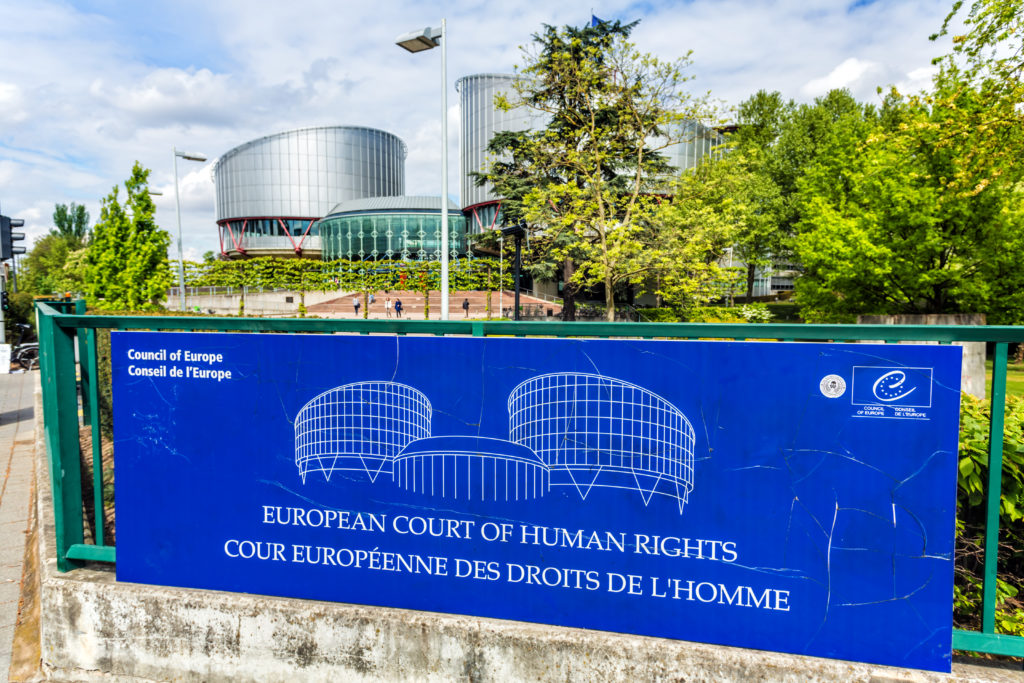In The Truth About Asylum Law, Philippe Fontana denounces a corrupted European system, hijacked by judges and NGOs, which has become the symbol of uncontrolled immigration and the erosion of state sovereignty.
As migratory flows continue to rise across Europe and public opinion expresses growing opposition to what is perceived as uncontrolled immigration, Philippe Fontana, a lawyer and constitutional law expert, delivers a searing critique of the asylum system in the European Union in his essay The Truth About Asylum Law. His diagnosis is stark: asylum is no longer a protective mechanism for political refugees, but a backdoor immigration channel, safeguarded by judges, NGOs, and EU institutions.
Unprecedented Surge in Asylum Requests
Fontana’s starting point is clear: asylum has become the primary gateway into European territory. In 2022, nearly 1 million asylum applications were filed in the EU, a 52% increase compared to 2021.
France is among the most heavily solicited countries, with over 156,000 applications submitted in 2022—double the figures recorded in the 1990s. While 2024 shows a slight decline with 131,000 first-time applications (down from 145,000 in 2023), this drop is misleading: the acceptance rate has skyrocketed. One in two applications is now approved, compared to fewer than one in three just three years ago.
Meanwhile, deportations remain largely symbolic. Only a tiny fraction of rejected applicants actually leave the country.

photo credit : Getty Images/querbeet
A System Hijacked by EU Technocracy
Fontana denounces a structural incentive to file asylum claims, regardless of their legitimacy. Applicants receive, upon registration:
- Accommodation
- A monthly allowance of up to €426
- Free healthcare
- Schooling for their children
- Full administrative support, often provided by taxpayer-funded NGOs
Total estimated cost: €1.9 billion per year,a figure that continues to rise.
The book highlights European mechanisms that, under the guise of harmonization, strip member states of their control over immigration. Since the Lisbon Treaty, asylum law has been communitized. The European Court of Human Rights (ECHR) prohibits returning migrants to so-called “unsafe” countries—even those they’ve passed through. The Court of Justice of the EU (CJEU) restricts border checks. The result: states are legally disarmed, unable to filter entries or enforce deportations.
France, like other member states, is trapped in a legal framework designed in Brussels over which it has no real control. The recent implementation of a mandatory solidarity mechanism, complete with quotas and €20,000 fines per refused migrant, only worsens this erosion of sovereignty.
NGOs, Judges, Assessors: A Triad of Activism
Fontana paints a picture of a system where those meant to ensure neutrality have become actors in a political project. He cites the OFPRA (French Office for the Protection of Refugees), whose former directors continuously broadened the definition of international protection, and the CNDA (National Court of Asylum), where assessors are sometimes environmental activists or NGO members. Judicial activism has replaced objective assessments of the applicant’s risks.
NGOs such as CIMADE and ANAFE—heavily funded by the state and progressive private donors—promote a “no-border” policy in cooperation with transnational networks. Their role goes far beyond legal aid: they influence case law, appointments, and even Council of State rulings.
Reforming Asylum to Restore Sovereignty
In response to these drifts, Philippe Fontana proposes clear solutions:
- Process asylum applications outside EU territory, in third countries
- Cut public subsidies to pro-migrant NGOs
- End the principle of unconditional reception
- Strictly redefine refugee status based on the original Geneva Convention
- Regain control of Europe’s borders, redefining the role of Frontex
At the heart of his argument lies a conviction: asylum law, once a humanitarian safeguard, has been hijacked. Protecting it means restricting it to those truly in need. Because welcoming everyone means we can no longer welcome anyone.
More fundamentally, this challenge to the asylum system raises a broader democratic issue: as long as European peoples remain unable to control their borders and determine who may enter, any coherent migration policy will remain out of reach. Today, asylum law is a glaring symbol of Europe’s powerlessness in the face of its own survival.